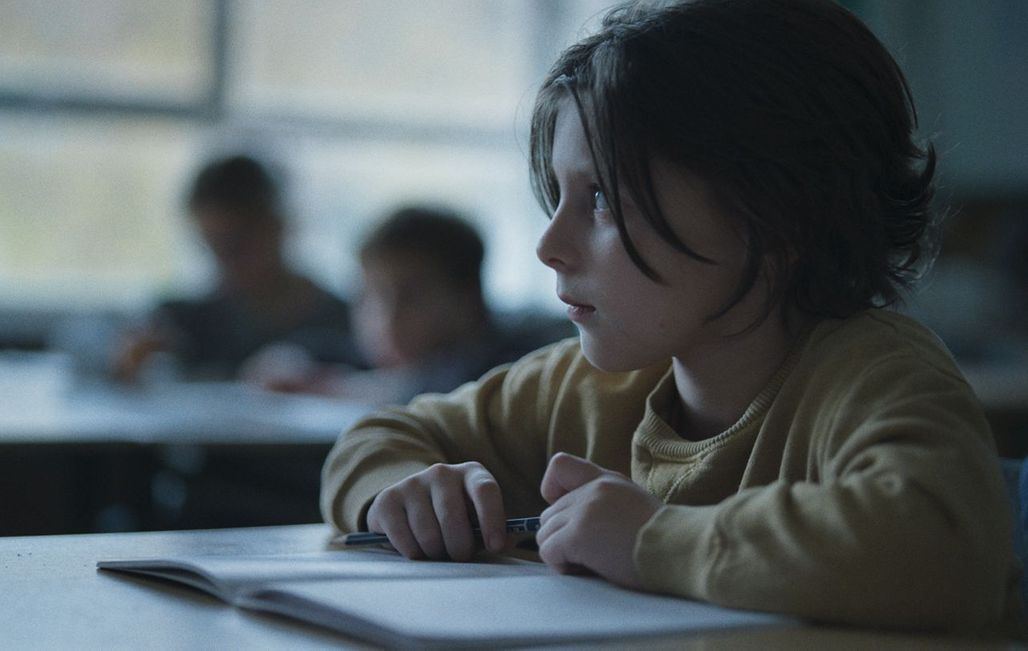
Un Monde (Playground), as seen by Laura Wandel

Seven years after her short film Les Corps Étrangers (Foreign Bodies) was presented in Competition, Belgian director Laura Wandel is in the running for the Caméra d’Or award with her début feature, Un Monde, an immersive portrayal of primary school life, told from the children's point of view. Through the character of Nora, the filmmaker explores the struggles of fitting in at school, as the child becomes torn between a need for inclusion and a desire to help her brother, a victim of bullying.
Tell us how your film came about.
I wanted to explore the school setting as a mirror of our society. I saw enormous potential in this environment for creating a fictional narrative, and specifically a story of siblings, struggling with the challenges of adjusting to this unfamiliar world. In my view, the best way to tell the story was to do it from the children's perspective
Can you tell us about your working method? What was the atmosphere like on set?
When I'm in the writing phase, I spend a lot of time observing the location, to soak up the atmosphere and draw my fiction from this. In terms of my work with the actors, I try to come up with an approach that suits the people I have in front of me. For Playground, we worked with children's coaches to develop a method that would allow them to understand and internalise their characters' emotional journey, without ever giving them access to the screenplay. Filming with children is quite an adventure. We had to work on the identity and the subject of the film while taking into account the needs and emotions of the kids who, for the most part, had never acted before. It was an unusual shoot in the sense that we had to adapt to their pace. We filmed an average of two or three sequences a day, including breaks. I think the shoot brought back lots of memories of school for many of our team, who regularly came to tell me anecdotes about it.
Can you tell us a bit about your actors?
They were amazing! I'm so proud of their work and their commitment to this film. Shooting the film was complicated but they gave everything, and kept going throughout. I can't wait for their work to finally come to light.
What did you learn while making the film?
Bizarrely, I have acquired more of an ability to let go.
How did you become a director? What are your sources of inspiration?
The cinematographic experiences of the films that really had an impact on me, that literally changed my life, made me want to become a director. I'm thinking in particular of the films of Abbas Kiarostami, Chantal Akerman and those of the Dardenne brothers.
What's your take on the Belgian film industry?
My take on the industry is full of confidence and curiosity, but I do feel it's a shame that French-speaking and Flemish cinema don't come together more. That's why it was so important to me for the identity of this film to be suffused with both communities. I was delighted with the work we did with my Flemish partners and I hope I'll have the opportunity to continue this collaboration in the future.


